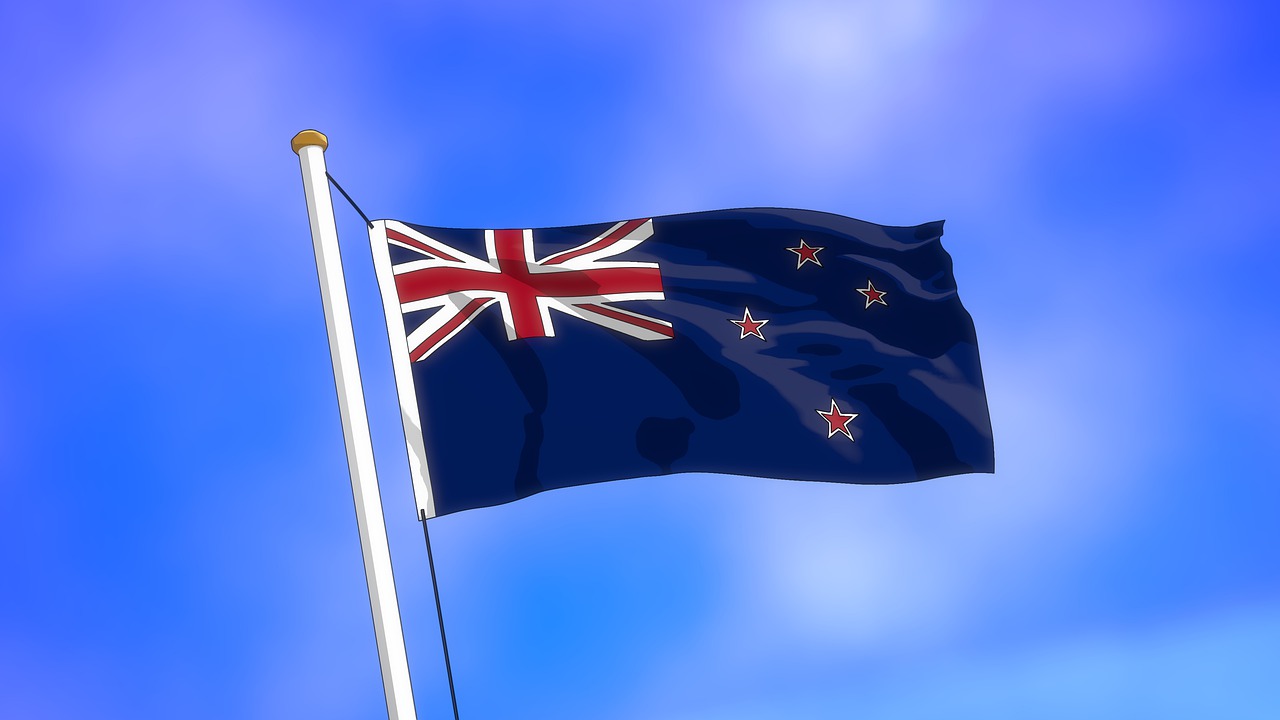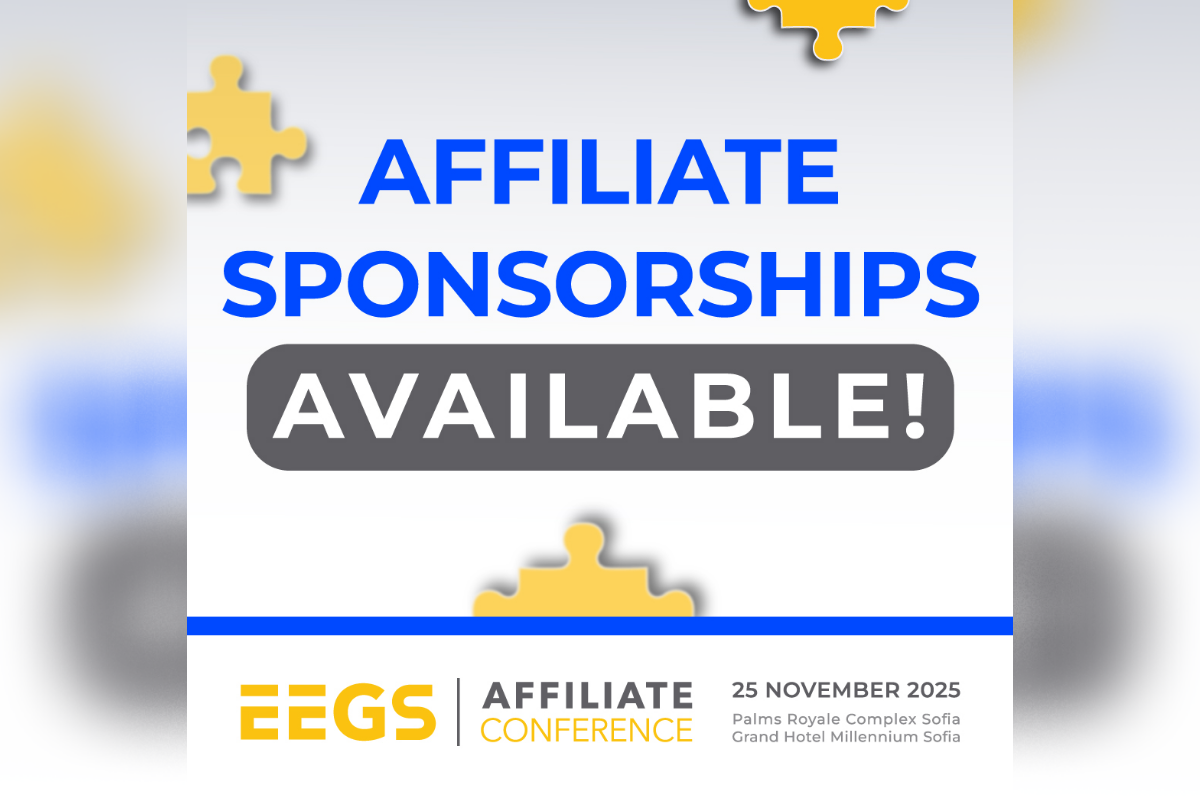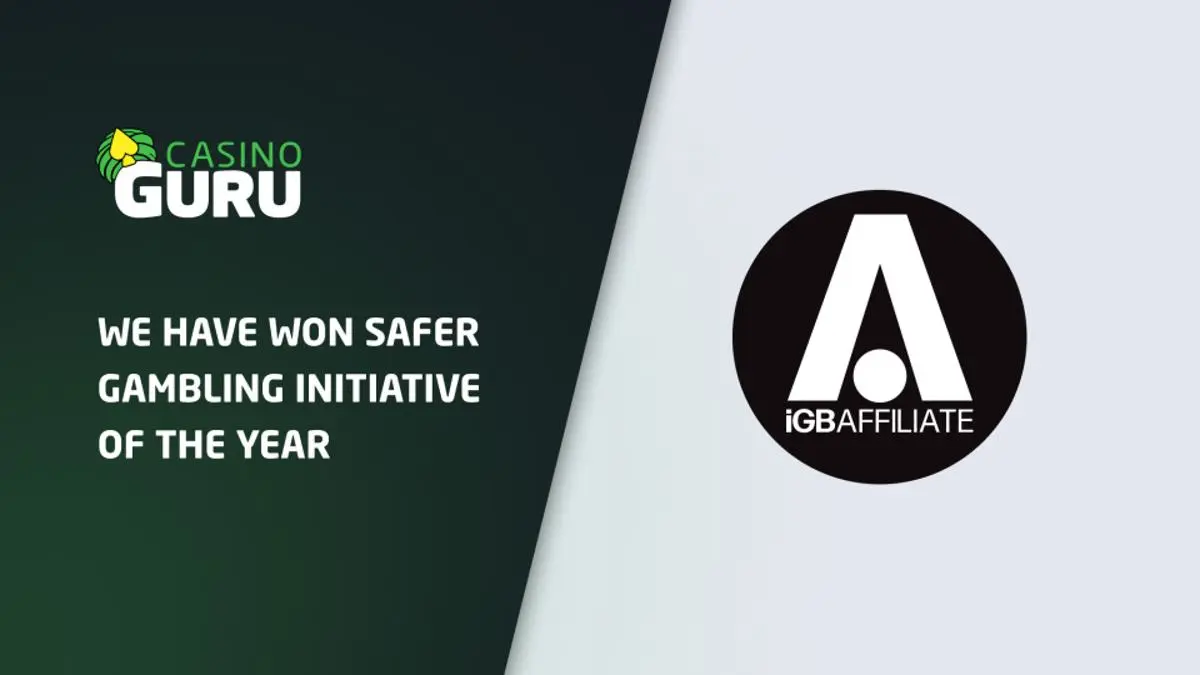News
What do Affiliates Need to Consider in NZ from a Regulatory Perspective?

Online gambling remains an increasingly popular pastime in New Zealand, thanks to a peculiar and surprisingly commonplace set of regulations in the market.
More specifically, while the country’s gambling laws currently prohibit natives from wagering within a private online casino based in New Zealand, there’s nothing in the Gambling Act of 2003 to prevent players from registering with an accessible international brand such as Betway.
This also creates an opportunity for affiliate marketers in the NZ iGaming space, although things may be about to change in the wake of a comprehensive legislative review by the Department of Internal Affairs (DIA). We’ll explore this in a little more detail below:
Can You Become a Gambling Affiliate in New Zealand?
Currently, there appear to be no restrictions on operating as an iGaming affiliate in New Zealand, while this is becoming an increasingly lucrative career option in the digital age.
After all, the figures demonstrate that New Zealanders have poured huge amounts of money into overseas casino websites and sportsbooks over the course of the last 18 months, wagering approximately $381 million during this period alone.
There are also numerous types of affiliates available in NZ, including platforms such as Onlinecasinonewzealand.nz. This operates broadly as a standalone and independent review site that compares reputable and accessible gambling brands online, while it is also categorised as an affiliate website.
This means that the platform receives commission from the virtual casinos that it lists, through the various links, products and verticals provided.
When visitors click on these links and subsequently open an account with the online casino in question, the commission is paid out at the agreed percentage and within a predetermined timeframe.
You will also find a large number of prominent casino affiliate programs in New Zealand, some of which promote a number of competing overseas operators and payout at various rates of commission.
Typically, however, these programs will offer a revenue share between 25% and 50% to affiliates, while some will provide two-tier commission plans and customised bonus plans depending on the players making deposits.
The availability of affiliate programs in NZ should not come as a surprise, with this innovative marketing channel widely accessible even in nations that have taken a more stringent approach to advertising in the iGaming space.
Take Italy, for example, as while the so-called “Dignity Decree” has placed a stringent ban on iGaming advertising of late, affiliate marketing continues to create a handy workaround for operators.
Will Affiliate Marketing Continue in New Zealand?
As we’ve already touched on, the review by the Department of Internal Affairs (DIA) is well underway in NZ, while a number of potential reforms have been proposed to help expand the marketplace in line with its increasingly digital nature.
The good news is that none of these are likely to affect affiliate marketers in New Zealand adversely, and in fact, they are far more likely to boost affiliates and create more opportunities within the sector.
The most likely reform would actually create additional licenses for both domestic and operators in NZ, for example, while broadening the market considerably and removing control away from centralised agencies like Lotto and TAB (who regulate lottery games and sports betting respectively).
This would create an increased demand for affiliate marketers and reputable programs in New Zealand, allowing established affiliates to scale their market shares and newcomers to carve themselves a lucrative niche within the industry.
Even if the legislation was adjusted to simply grant additional licenses to international casino and betting brands, this would also boost demand for affiliates while enabling existing programs to snap up new operators with the minimum of fuss.
Perhaps the only potential reform that would not directly benefit affiliates would see the government agencies Lotton and TAB extend their centralised offering to provide more gambling products to customers.
This would probably only see a single, centrally controlled online casino enter the NZ marketplace, creating little in the way of additional money-making opportunities for affiliates in the region.
Ultimately, however, it is clear that iGaming affiliates in NZ have little to fear from the current DIA review of the 2003 Gambling Act.
In fact, they’re most likely to benefit from any reforms, irrespective of any additional controls or regulatory measures that may be conceived much further down the line.
Conferences
New Sponsorship Opportunities Announced for the EEGS Affiliate Conference

The EEGS Affiliate Conference, now in its 4th edition, is pleased to announce the launch of new sponsorship opportunities. As the region’s only event dedicated exclusively to affiliates, this conference serves as a vital platform for industry professionals, brands, and affiliates to network, share insights, and drive growth.
Part of the prestigious Eastern European Gaming Summit (EEGS), the Affiliate Conference will take place in Sofia, Bulgaria, on the 25th of November. This event continues to grow as an essential opportunity for those seeking to expand their presence and influence within the affiliate marketing ecosystem.
The new sponsorship packages are thoughtfully designed to provide maximum visibility, targeted exposure, and valuable engagement opportunities for partners looking to connect with a focused and dynamic audience.
Bronze Sponsorship
Silver Sponsorship
Gold Sponsorship
Platinum Sponsorship
Fun Mirror Sponsorship
For more information, please click HERE or visit EEGS website https://eegamingsummit.com/
If you have any questions or would like to discuss customized opportunities, reach out to the organizers at [email protected]
The EEGS Affiliate Conference eagerly anticipates welcoming new partners and making this 4th edition in Sofia the most successful yet.
Affiliate Program News
Let’sBet Partners with NetRefer for its Affiliate Marketing Platform

Emerging US sportsbook operator Let’sBet has partnered with NetRefer, the industry’s leading data-driven, AI-powered affiliate marketing platform, to support the launch and long-term growth of its affiliate programme.
Headquartered in Maryland, USA, Let’sBet is a dynamic new entrant to the regulated US betting market. Built with a player-first mindset, the operator delivers a seamless sports betting experience across all major US and international events – including the NBA, UFC, UEFA Euro Cup and Formula 1– via a mobile-optimised platform designed for both desktop and on-the-go bettors. The brand also offers extensive live and in-play betting options, keeping users engaged in real time.
New players are welcomed with a 100% deposit bonus, and frequent bettors can look forward to being handpicked for the Let’sBet VIP Club – a tiered programme offering access to personal account managers, dedicated promotions, express payouts, and exclusive VIP events such as race days and hospitality experiences.
Licensed by the Maryland State Lottery and Gaming Control Agency and operated jointly by Veterans Services Corporation and Bee-Fee Limited, Let’sBet is committed to delivering a secure, compliant, and intuitive betting environment. Its infrastructure is monitored 24/7 by a dedicated Information Security team, with robust measures in place to protect data and ensure safe, frictionless transactions.
Let’sBet also maintains a strong commitment to Responsible Gambling. Its platform is equipped with a comprehensive suite of player protection tools, including deposit, wager, loss, session, and single-bet limits; timeout periods; and voluntary self-exclusion through Maryland’s state-run programme. These tools are supported by a customer service team trained to guide users toward healthy betting behaviours.
Marcin Doszczeczko, Director of Sports Betting Operations at Let’sBet, commented: “Choosing NetRefer as our affiliate platform provider was a natural step in building Let’sBet into a standout name in the US sports betting market. Their technology gives us the clarity and scalability we need to launch a high-impact programme from day one. It brings together everything we need to grow a successful affiliate operation – clear reporting through ASR 1.0 API and smart, actionable insights from NetRefer CoPilot AI. Just as we’ve built Let’sBet around trust, service, and user experience, we see those same values reflected in NetRefer’s platform and team. We’re excited to grow this partnership together.”
Amanda Camenzuli, Manager of NetRefer’s Account Management team, added: “We’re thrilled to welcome Let’sBet to NetRefer. They’re an operator that blends innovation with a strong sense of player responsibility, they’re exactly the kind of forward-thinking company we’re proud to support. With a growing footprint in the US market, Let’sBet will benefit from our platform’s ability to deliver real-time insights, data clarity, and the flexibility needed to scale sustainably – while also strengthening NetRefer’s presence in this key region.”
This collaboration marks a significant step forward for both companies, combining the momentum of Let’sBet in the US market with NetRefer’s 20 years of experience in affiliate marketing technology. Together, they aim to build a programme defined by transparency, performance, and long-term growth.
Affiliate Success
Casino Guru secures Safer Gambling Initiative of the Year at iGB Affiliate Awards

Casino Guru is proud to announce that it has won the Safer Gambling Initiative of the Year at the iGB Affiliate Awards 2025, for a third consecutive year.
The distinction further highlights the company’s commitment to building a sustainable future for the gambling industry, not only through its dedication to providing players with the most complete, real-time-updated database of online casinos curated by trained experts, but also through its efforts to influence business standards and responsible practices across the sector.
As a leader in informed play, Casino Guru has dedicated a significant portion of its time and efforts to building a casino database that uses safer gambling as one of its core metrics for assessing a brand’s reliability, sustainability, and treatment of customers.
Casino Guru’s Head of Sustainable and Safer Gambling, Šimon Vincze, was excited to share his appreciation for the award: “As someone closely involved in responsible gambling and safer play at Casino Guru, I can say this award is a true testament to our work. We’ve worked tirelessly to leverage our market position to produce tangible outcomes in terms of awareness and impact of safer gambling practices, player complaints, and the availability of blocking software. We are a trailblazer in safer gambling among affiliates, but collaboration with other like-minded companies has enabled us to stay at the forefront.”
Casino Guru could not be prouder of this moment, which once again reinforces the company’s leadership in helping to set safer gambling standards industry-wide.
Daniela Sliva, Public Relations and Creative Projects Director, commented on the distinction: “Winning the Safer Gambling Initiative of the Year for a third consecutive time was an emotional moment and a well-deserved one. Casino Guru has worked tirelessly to establish itself as a leader in promoting sustainable and responsible play. We truly believe we are setting new standards for responsible gambling, not just within the affiliate space, but across the wider industry. Our company ethos places safer gambling at the heart of everything we do, from our Complaint Resolution Center to the Safety Index, and especially through initiatives like the Casino Guru Awards, which further reinforce this commitment.”
Among the achievements that Casino Guru has to be proud of are the Casino Guru Awards, which have established clear competitive guidelines for safer and responsible gambling and distinguish companies that adhere to the Casino Guru’s ethical guidelines and best practices.
Furthermore, Casino Guru established the Gamtegrity platform, which reunites all of the company’s safer gambling projects in one place.
Among Casino Guru’s notable achievements are the Casino Guru Academy, which offers upskilling programs with a focus on responsible gambling, the Global Self-Exclusion Standards Initiative, an active list of partners with some of the leaders in the responsible gambling space, including Mindway AI, and much more.
“An industry-wide commitment to responsible gambling is not only possible: it’s within reach. Casino Guru’s achievement at the iGB Affiliate Awards 2025 is yet another reason for us to double down on our efforts and work even harder to make this vision a reality,” Silva concluded.
-

 Conferences1 week ago
Conferences1 week agoEEGS Affiliate Conference Returns – Celebrating Its Fourth Edition as a Key Industry Milestone in Eastern Europe
-

 Awards1 week ago
Awards1 week agoBlask wins Best Tech at iGB Affiliate Awards 2025
-

 News5 days ago
News5 days agoThe Ethics of Ranking: Can Affiliates Be Both Commercial and Credible?
-

 Affiliate Success5 days ago
Affiliate Success5 days agoCasino Guru secures Safer Gambling Initiative of the Year at iGB Affiliate Awards
-

 Affiliate Program News4 days ago
Affiliate Program News4 days agoLet’sBet Partners with NetRefer for its Affiliate Marketing Platform
-

 Conferences2 days ago
Conferences2 days agoNew Sponsorship Opportunities Announced for the EEGS Affiliate Conference

































